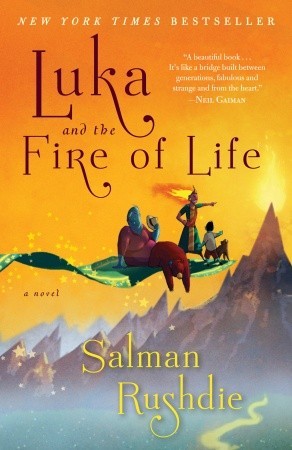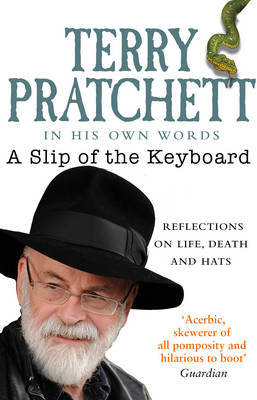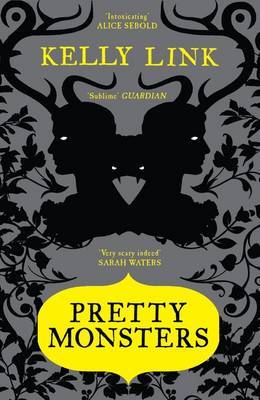It happens all the time in fandom. You’ve been watching something awesome, reading something, whatever, and it turns out that the creator said something racist or there’s an episode which really sucks in the way it treats women, or… And suddenly, everyone’s talking about it, being critical about it, and telling you that you should stop liking it. Sometimes it even feels like they’re attacking you when they attack this thing that you love, because it questions your taste, your discernment, your personal views.
Stop a moment.
There will be people who are saying ‘Supernatural fans are all scum because [xyz]’, or ‘how can you support a man who says gay people should be shot?’ or ‘how dare you like this thing which appropriates my culture?’ You can’t win an argument with them: they’ve weighed in on the liking-problematic-things issue and decided that once a thing crosses a certain line, they can’t/won’t like it, they can’t/won’t support it, etc. That’s their decision and if they won’t leave you alone about it, I suggest blocking/muting, because arguing with them isn’t going to go anywhere.
But is it okay to like problematic things?
Yes. Yes, it is. Look: no one is perfect, everybody has some prejudice or pet peeve or even a trauma in their past which makes them act in a certain way. Everyone. As long as you acknowledge that, as long as you’re okay with criticism of the things you love, and you don’t just want to close your eyes and pretend it’s not there, then go right ahead. I like the MCU, but I’m not going to pretend that it doesn’t bother me that we’re low on female Avengers and somehow it’s more important to introduce Spider-man for the gazillionth time than it is to give us Carol Danvers just once. I like Jeremy Renner’s acting work, but I don’t appreciate his comments on Black Widow. I like Jacqueline Carey’s work, but I’m also aware that the exoticisation of various cultures is a problem.
And then there’s the fact that people change. There are still feuds going on in science fiction fandom from Racefail ’09. People who won’t speak to each other, who’ve blacklisted each other, and yet stand on the same side of current debates about the Hugos. It’s difficult to know how to navigate that as a reader: is it okay to like Elizabeth Bear? Sarah Monette? They’re saying the right things now, but there are clearly still grudges in fandom, feelings that some people should have apologised or apologised better or perhaps even that no apology will be enough. Is it okay to like Benjanun Sriduangkaew’s work after the discovery of her identity as Requires Hate/Winterfox?
I was worrying about this for a while, once I realised that Katherine Addison was Sarah Monette, and I knew the name because of Racefail ’09. When I realised that the first time I’d heard of some Tor editors was during that whole debacle and that maybe I wasn’t entirely happy that things had changed there. When I realised that X was friends with Y and Y had said some seriously problematic stuff at some point.
Here’s my decision: we’re all people, and we’re none of us perfect. We miss things, we prioritise different issues, we like things despite issues. And that’s okay. As far as I’m concerned, each individual has to make those decisions for themselves. Let’s have no illusions: we’re all going to like things which are in some way offensive, awkward, biased, unapologetic. We’re going to disagree on what those things are and where lines are drawn. We’re not going to be able to come to some consensus about what it is okay to like. Even people you love will say some seriously stupid shit.
If someone likes Orson Scott Card’s work, it’s not a sign that they’re automatically my enemy — their priorities are just different, and that’s fine. If they deny that what he says is offensive, then maybe we can’t be friends because we disagree at a fairly fundamental level, but if they say ‘yeah, he’s a jerk, but I love Ender’s Game anyway’… okay. I think there’s room for that.
So yeah. You’ll see me reading and reviewing stuff by people who have said really stupid things, sometimes. Really offensive things, probably. Maybe even books which have racist elements or which are rife with colonialism. Reading and even liking those things is not an endorsement of the stupid/offensive things. The only thing which is an endorsement of bad behaviour, prejudice, etc, is… endorsement!
If there’s something problematic I haven’t acknowledged about a book, by all means, let’s talk about it. I’m as full of prejudice as anyone, as fallible, and as often out of the loop. But I’m not going to hate something on demand. Deal?







